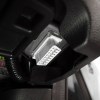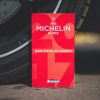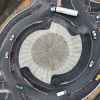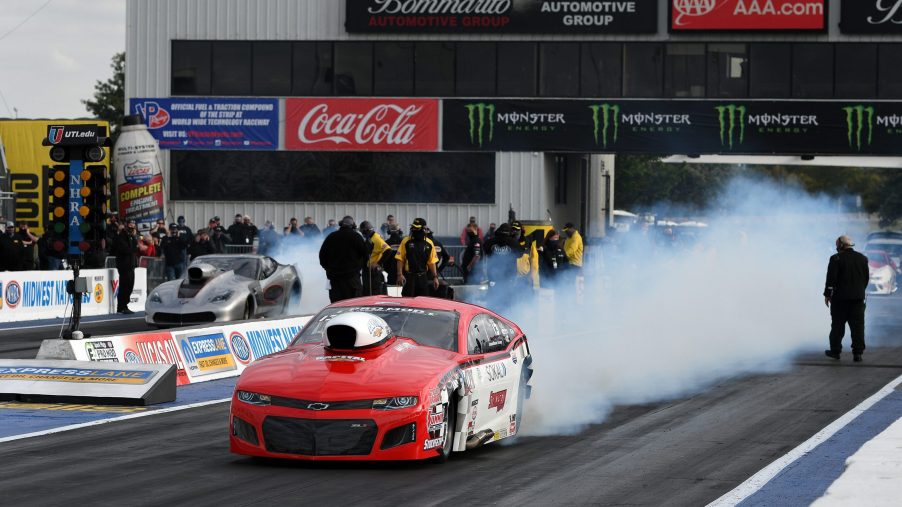
RPM Act Introduced to House to Protect Converted Street Racing Cars
Motorsports and the Environmental Protection Agency (EPA) continue to battle over the Clean Air Act. On May 17, 2021, U.S. Representatives Patrick McHenry (R-NC) introduced a bill designed to help motorsports be exempt from the Clean Air Act. The bill, H.R. 3281, is called the RPM Act (Recognizing the Protection of Motorsports Act of 2021).
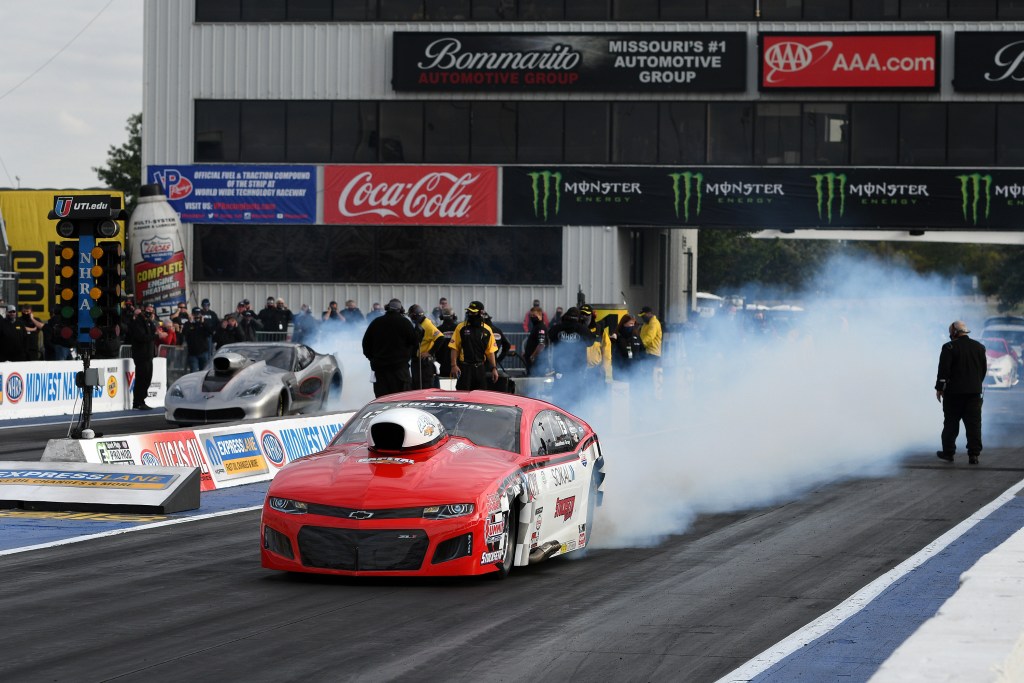
What’s the bill?
The bill is currently in the House of Representatives. The legislation provides an exemption from the Clean Air Act. It will allow motor vehicles to be converted into street racing cars.
What is the EPA concerned about?
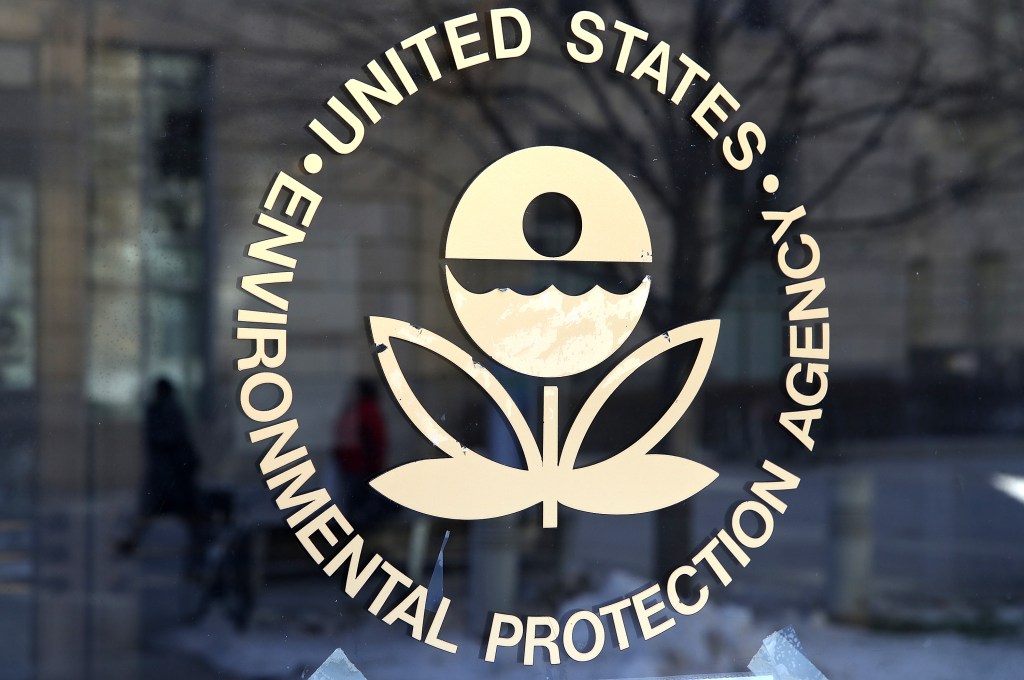
The EPA is concerned that modifications people do to street cars to make them track-worthy are bad for the environment. For instance, people tamper with emission control systems to make hot rods faster. Additionally, aftermarket parts can decrease a car’s emissions output. The EPA says that “Illegally-modified vehicles and engines contribute substantial excess pollution that harms public health and impedes efforts by the EPA, tribes, states, and local agencies to plan for and attain air quality standards.”
Therefore the EPA is enforcing the Clean Air Act, which would prevent car owners from modifying their cars in ways which change the emissions controls. The CAA makes it illegal to “bypass, defeat, or render inoperative elements of design that were installed by the vehicle or engine original equipment manufacturer to comply with CAA emission standards.” The EPA wants to decrease the amount of emissions caused by aftermarket parts and car tampering.
In order to achieve their goal, the EPA is cracking down on those who violate the Clean Air Act. The EPA levies fines and other penalties on CAA violators.
What’s the consensus in motorsports?
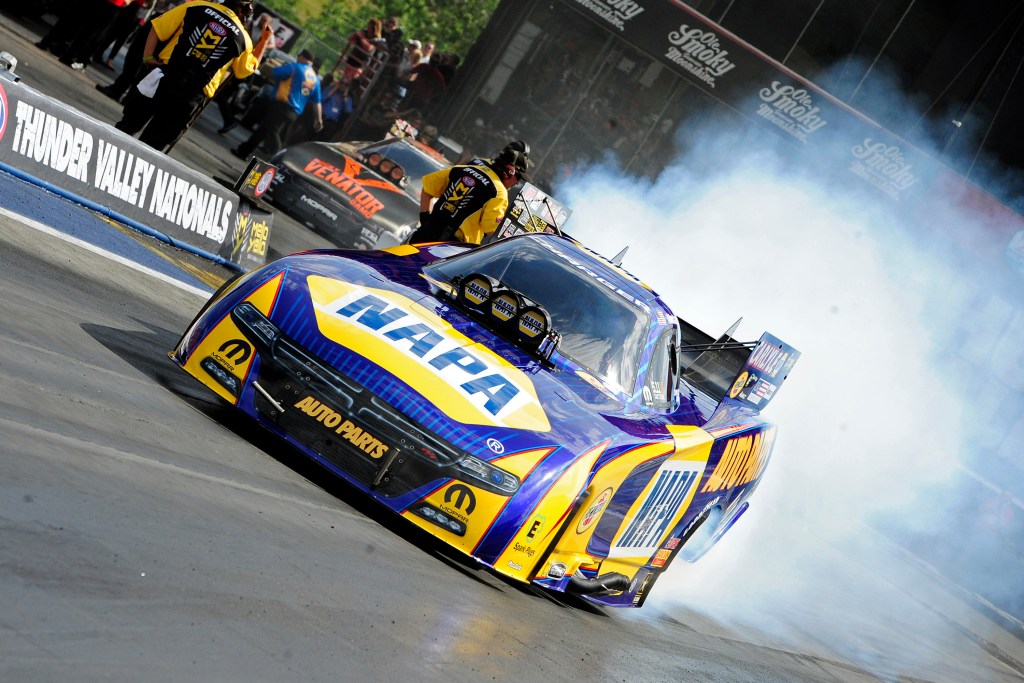
Motorsports participants and parts sellers are largely against this rule. Specialty Equipment Market Association (SEMA), a trade association dedicated to all things related to specialty parts, is at the forefront of the battle.
SEMA is rallying supporters to make their opposition to this interpretation of the Clean Air Act known. SEMA says that, “Converting street vehicles into dedicated race vehicles is an American tradition dating back decades and has negligible environmental impact.” SEMA also notes that California, which is known for being strict about emissions, exempts race cars from these rules.
Basically, advocates of the RPM Act want cars that are being modified for the track to be exempt from the Clean Air Act. The RPM Act would continue to allow people to modify cars in ways that make them fit for racing. These cars could be used as race cars (or other purposes), but not on regular roads.
What else does the bill do?
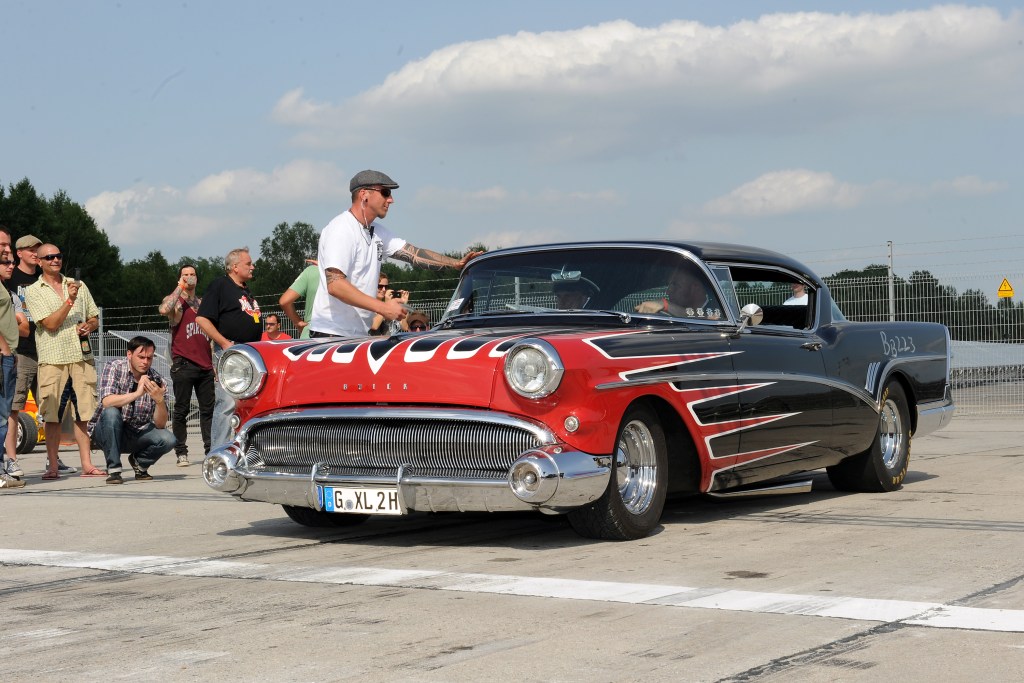
In addition to allowing people to continue modifying their cars, the RPM Act helps motorsports parts sellers, too. If it passes, the RPM Act protects the right to sell parts for modifying cars into racecars. Major specialty parts companies have faced fines and other penalties related to violating the Clean Air Act.
What happens next?
The bill has 56 cosponsors, from both the Republican and Democratic parties. If the bill passes, above all else, motorsport enthusiasts will be able to continue enjoying drag racing. If it doesn’t pass, it is likely that bill supporters will continue their crusade.
